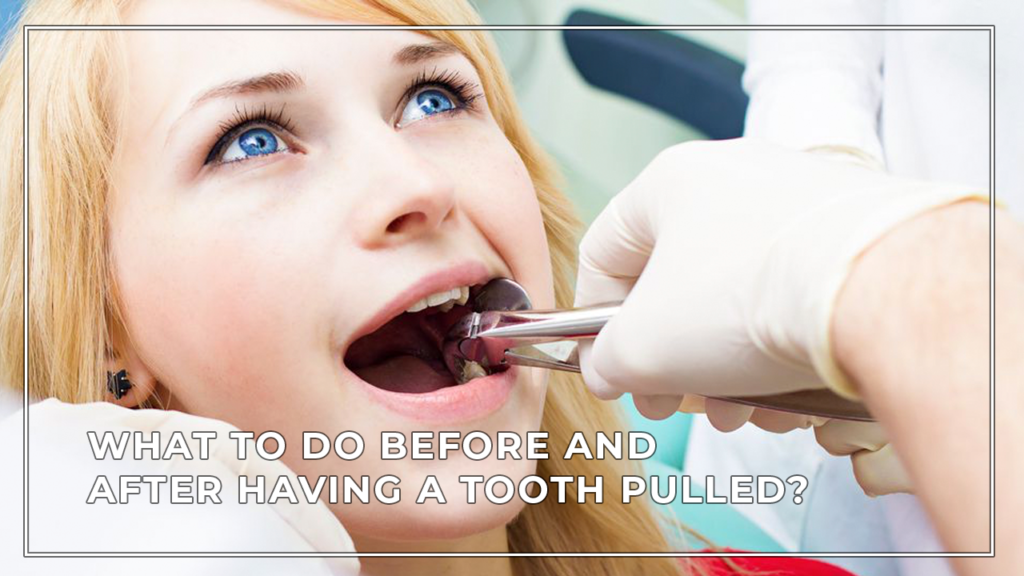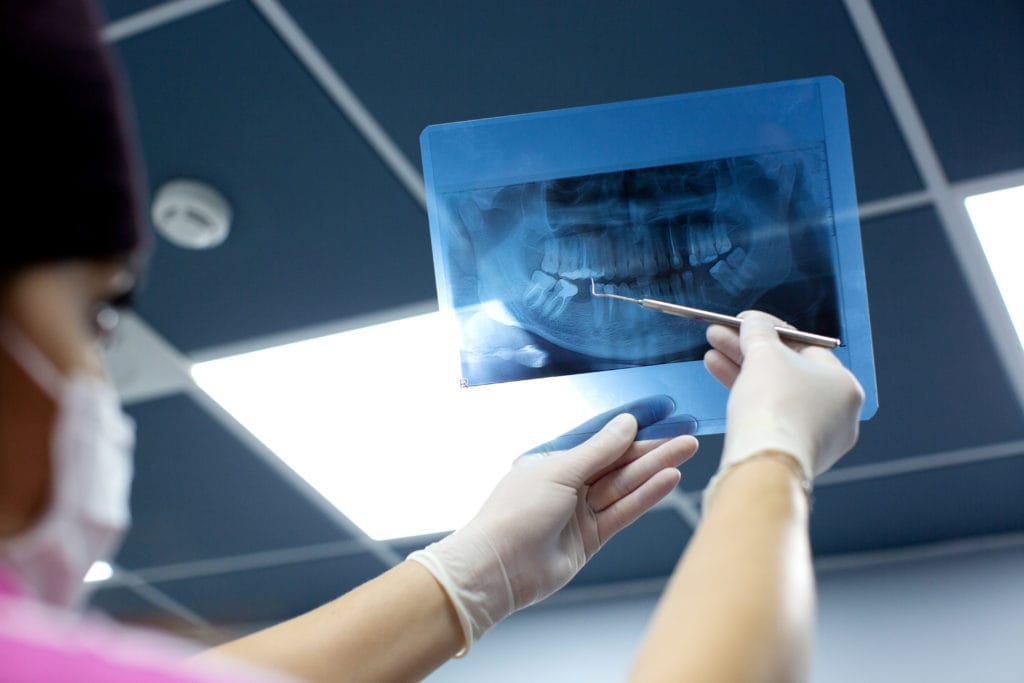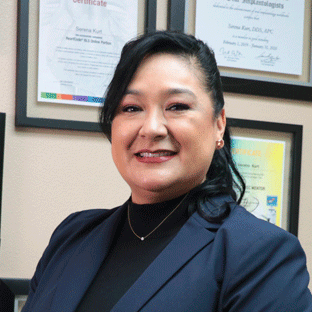[cmsmasters_row][cmsmasters_column data_width=”1/1″][cmsmasters_text]
You probably know what it feels, having a tooth pulled out. When you break one of your teeth, or it has a lot of damage due to cavities, and the dentist can’t save it.
A dentist can try to treat cavities with some dental procedures like tooth filling, or maybe other types of dental treatments.
However, if the dentist can’t save your tooth, he will need to perform an extraction. You have to know that a good dentist will do everything to save your tooth. But, if the dentist doesn’t succeed saving it, yhttps://youtu.be/mCc7M4eQV8A?si=LxabIc6ky-ccUJRwou will say goodbye to your tooth.
And even when you thought that permanent teeth were staying with you a lifetime, there are several reasons why having a tooth pulled may be needed. A very simple reason involves a tooth that has a lot of damage, from decay or an accident.
Although getting a tooth out is usually easy and safe, having an open wound can allow bacteria to go into your bloodstream. This can lead to gum infection, mouth diseases, and other kinds of health risks.
You can read below to learn how to have proper maintenance after a tooth extraction avoiding the risk of developing infections.
Why Having a Tooth Pulled Out?
Tooth decay is not the only reason for a tooth removal. Some people have some extra tooth that blocks others from coming out. So, here are some reasons for having a tooth extraction:
- Baby teeth: Everybody had once baby teeth at one point in life. And when they don’t fall at the right time, they will block permanent teeth from coming out.
- Braces: Here is a common reason. When some people get braces, they may need one or more extractions. Because dentists need to make room to move the rest to the right place.
- Cancer Drugs: Another reason could be that some people may develop an infection in their teeth due to cancer treatments. This can may include cancer drugs. Teeth can get weak due to that and sometimes some of them need to be extracted.
- Plastic Surgery: this is uncommon, but I have this friend who went into a plastic surgery a day after her wisdom tooth removal. The wound almost got infected because she didn’t tell surgeons about the open wound in her mouth.
- Wisdom teeth: Wisdom molars are usually extracted either before or after they come in. They may cause pain and also they can block other teeth. They often come in during the late teens. These molars often get stuck in the jaw and irritate the gums. They must be extracted. Usually, dentists take some x rays and sometimes patients go into a little surgery.
Before any kind of tooth removal, you must tell your surgeon or dentist anything related to your health.
The instructions can vary depending on the needs of every patient. Once you get yours, following them will be crucial to a fast process and recovery.
Before An Extraction
As I was saying, the instructions will depend. But usually oral surgeons or your dentist will take an X-ray to build the best plan for your procedure.
Remember that you can prevent the loss of your tooth by brushing your teeth every single day.
This practice is perhaps the most important thing to do to avoid dental issues such as cavities.
Here is a piece of advice, give your dentist all your medical and dental history. If you are taking some medications or if you are allergic to something.
This list includes medical prescriptions, vitamins, and other kinds of supplements. There are no specific rules to follow before your dental removal.
But you can always ask your dentists what you can do before getting any of your teeth out.
Sometimes dentist prescribes antibiotics to be taken before the surgery of wisdom molars. Don’t worry about this, and you are not sick.
The intake of antibiotics is only to prevent, but don’t rely on this, you need to take into account your dentist’s instructions.
How Tooth Extraction It’s Done
When your dentist tells you that can’t save your tooth. During your consultation, the dentist will determine the way for the extraction. And I know two types:
- For a lot of people, the last memory of going to the dentist for tooth removal is that time when they were kids. Probably that was the first time we saw a dentist. Since then, dental technology has made huge improvements in making extractions as painless as possible nowadays. The traditional way is the simple way to do it.
- Extraction by surgery can be a complex procedure. The dentist will use local anesthesia for the extraction. But if the process is more prominent involving the need to take out more than one teeth.
To proceed with the surgery, dentists use whether local or general anesthesia. It all will depend on the type of extraction you need.
Most of the time the surgical removals involve cutting the gum if your dentists are taking out your wisdom molars for example.
Embrace yourself because sometimes it is necessary to remove some of the bone around teeth or to cut the tooth in half in order to remove it.
Simple tooth removals can be done using a local anesthetic. You may or may not receive drugs to help you relax.
For surgery to pull out a tooth, you will receive a local anesthetic, and you may also have anesthesia through your vein. Some people may need general anesthesia, but it all depends on patients and the case.
You can expect to feel pressure during the removal, but the whole process is painless. If you feel any pain or pinching, you just need to tell your doctor.
After the Tooth Extraction
After tooth removal, you probably will need someone to drive you home. You will be given post-surgery instructions that you must follow.
If you are a smoker, we have bad news for you. You can’t smoke after having a tooth pulled out.
Your dentist will give you specific instructions on what to do after the procedure and what to expect after your surgery.
If you have any doubts, make sure to ask them before you leave the dental office. Taking this into account is essential.
Surgical extractions usually can cause pain after the process, and leave an open wound. The level of discomfort can vary and depends on how hard it was tooth extraction.
Your dentist may prescribe painkillers and perhaps antibiotics to take for a few days. Most pain disappears after a couple of days.
To release some of the pain, maybe you can put ice on your face to reduce swelling and inflammation. Also, you can eat lemon ice cream to reduce the inflammation.
Some people say that eating ice cream helps them while they were taking care of their mouth wounds after tooth extraction. You ask your dentist before doing it.
Maybe your grandma used to say this to you, and you don’t believe it. But you can gently rinse with warm salty water.
Ask your dentist before doing it, of course, but it may help to keep the wound area clean. Initial healing takes at least two weeks.
If you need stitches, your dentist may use the kind that dissolves on their own. The healing usually takes one to two weeks to happen.
Of course, it is forbidden you to smoke after a tooth extraction, and you should not use a straw or spit after surgery either.
Following Treatment
Some patients don’t follow the instructions, and not following them can lead to bigger problems. These problems can cost you time and money. So, keep in mind that you need to follow the rules after your tooth extraction.
Having a tooth removal, it is not as simple as it seems. You need to take into account all the pieces of advice that your dentist gives you. Also, since the removal of your tooth is going to leave a space to fill, probably you are going to need a dental implant.
All these bits of information are to avoid risks and infections. At Serena Family and Cosmetic Dentistry, we take care of our patients that is why we always encourage them to take care of their oral health.
If you have more questions about it, you can always call us or stop by at our dental office located in Clairemont, San Diego. Take care and don’t forget to brush and floss.
[/cmsmasters_text][/cmsmasters_column][/cmsmasters_row]





